all about lemon balm
The Lemon Balm plant's light green, scalloped foliage is a beautiful addition to any garden. This herb's lemony-sweet leaves make a light, calming tea that'll soothe your frazzled nerves on a busy day!
 Lemon Balm (a/k/a "Sweet Balm")
Lemon Balm (a/k/a "Sweet Balm")What's On This Page?
(Click any link to jump straight to that section)
lemon balm basics
Botanical Name: Melissa officinalis (var. officinalis)
Characteristics: Perennial. Hardy to -20°F (-29°C). Bushy plant that reaches 8" - 24" tall at maturity.
Growing Conditions: May be grown in the garden or as a container plant. Does nicely in most any type of soil, as long as it drains well. Prefers full sun to part shade.
Parts Used for Tea: Leaves
Harvest Time: Summer to early fall
lemon balm varieties
Lemon Balm is known by many different names. Some call it Sweet Balm. Others call it Honey Plant, Balm Mint, or just Balm.
I've also seen it referred to as Bee Balm ... which leads to some confusion because "Bee Balm" is also the common name of an entirely different plant - an herb that tastes nothing like Lemon Balm.
To avoid surprises, always check the botanical name on the seed packet or plant tag before you buy!
Look for the words "Melissa officinalis" to be sure it's the real deal.
 This Is The Lemon Balm You Want!
This Is The Lemon Balm You Want!benefits of lemon balm
History is chock-full of tales about all the miraculous benefits of the lemon balm plant.
Is it the "elixir of life", as many believed centuries ago? That might be over-stating things a bit. ;-)
But, are the ages-old beliefs about the benefits of lemon balm just a bunch of nonsense??? Let's see ...
In a study published in the journal Nutrients, lemon balm was shown to relieve stress and improve mental focus in the study's participants.
And a Journal of Medicinal Plants Research paper concluded that leaves of the Melissa officinalis plant could be used nutritionally as a natural source of antioxidants.
Stress relief + mental focus + natural antioxidants. Give me a cuppa that lemon balm tea!

allergies & side effects
Although lemon balm is generally thought to be safe for normal use, it's still important to check with your medical care provider about potential allergies, drug interactions and side effects of drinking lemon balm tea.
This herb could be problematic for people with thyroid disease, diabetes or other health issues.
To stay on the safe side, women who are pregnant or breastfeeding should not consume lemon balm without their doctor's okay. And never give lemon balm tea to a child without his/her pediatrician's approval.
Additional info about lemon balm side effects and drug interactions.
More About Lemon Balm ...

- Home ›
- All About Lemon Balm
If you enjoyed this article and found it helpful, please click the "Like" button to let me know. Thanks!
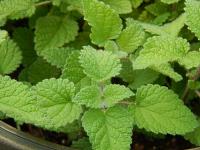
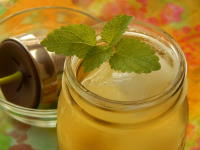
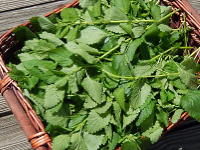
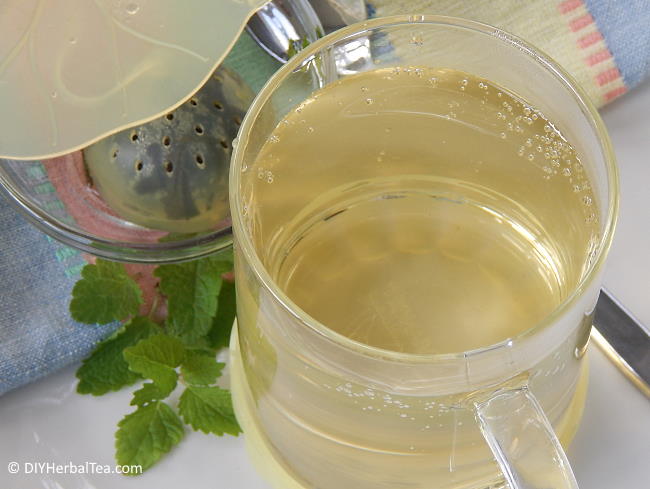
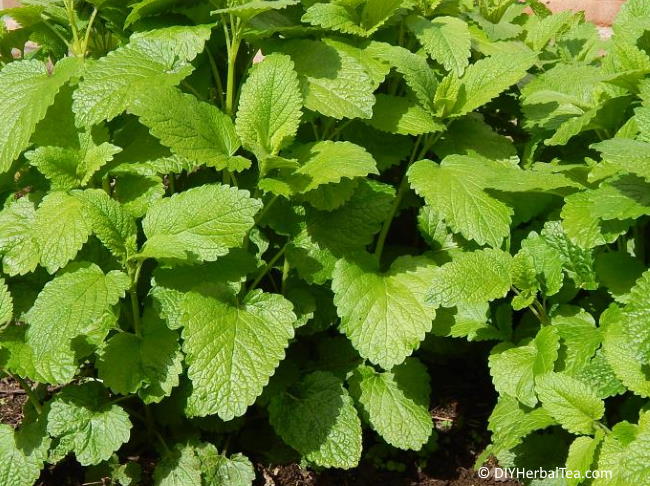
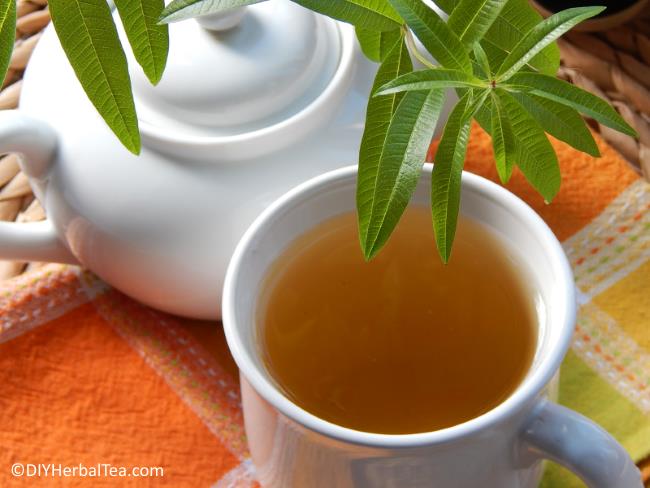
New! Comments
Feel free to leave me a comment in the box below!